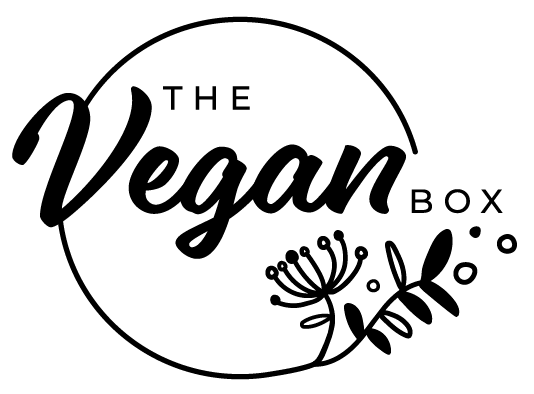Whether or not vegans eat honey is a topic that is met with wide-eyed astonishment when brought up in the presence of an omnivore. The fact that the term ‘animal’ is extended to the humble bumble bee has seemed a little strange to some folk I’ve talked to in the past. They also tend to exclaim that taking honey from a hive “doesn’t hurt the bees, so what’s the problem?” In fact there are many vegans who still include honey in their diet. These words are not meant to chastise those vegans who still eat honey; I encourage people to embrace veganism with as much passion and enthusiasm as they can, even if their lifestyle is not a replica of mine. I am also not about to send hate mail to Winnie The Pooh.
But for those lovely readers who are on the fence: this is why I don’t eat honey.
I read a beautiful book earlier this year (The Art of Hearing Heartbeats) that summed up my feelings with perfect simplicity. A character has had a swarm of bees select the lounge room of his ramshackle hut as the best spot for their hive and he is asked: “what do you do with the honey?” He simply responds: “I wouldn’t touch it. It belongs to the bees.”

We steal the honey the bees work so hard to produce for themselves. Bees can travel up to 90,000 kilometres and visit more than two million flowers just to gather enough nectar to make half a kilogram of honey. The older worker bees gather nectar from flowers and swallow it. Once they return to the hive they pass it on to the younger bees. The younger bees then regurgitate it into a cell of the honeycomb and fan the honey with their wings to dry it before capping it with beeswax. The bees convert the nectar to honey because nectar would ferment if it were stored. The process means the bees have made food rich in (by tiny bee standards) vitamins, minerals and proteins for the colony. Bee farmers take the honey and sell it for their own profit and so they don’t lose the manufacturers of their product to starvation — they replace it with sugar syrup.
While it is not common, bees are harmed in the making of honey. The farmer will ‘smoke out’ the bees in order to get to the honey in the hive. While the smoke is used to calm the bees and disrupt the hive defence system, bees can still be injured or killed in the honey removal process.
We take everything that will turn a profit. This is where we can solidly draw a line between incidental insect death in agriculture and definitive insect exploitation. Hive products that are also sold include:
- Bee venom. Obtained when the bee stings someone or something. The bee dies if she stings someone.
- Bee pollen. Collected by bees in sacs on their legs. It also contains some nectar and bee saliva. It is popular because humans cannot collect such a wide variety of pollen.
- Royal jelly. This is the nutritious food (for bees) fed only to the queen. It literally makes workers into queens.
- Beeswax. Secreted by bees to build their hives.
- Propolis. Plant resin collected by bees and mixed with enzymes. It is used around the hive as glue and as an antiseptic.
I consider bees not only a part of the animal kingdom but a very important part of the animal kingdom, without which human animals would be in big trouble. “Veganism is a way of living which excludes all forms of exploitation of, and cruelty to, the animal kingdom, and includes a reverence for life. It applies to the practice of living on the products of the plant kingdom to the exclusion of flesh, fish, fowl, eggs, honey, animal milk and its derivatives, and encourages the use of alternatives for all commodities derived wholly or in part from animals.” Donald Watson, an animal rights advocate who coined the term ‘vegan.’



